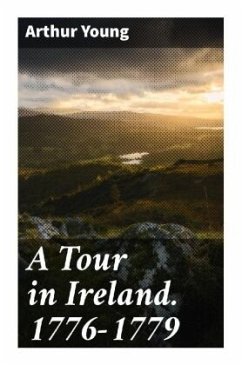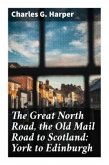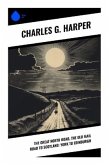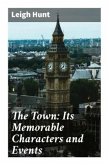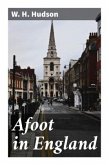Arthur Young's "A Tour in Ireland, 1776-1779" is a meticulously detailed travelogue that chronicles his extensive journey across Ireland during a period marked by social and economic upheaval. Blending observation with personal narrative, Young employs a vivid literary style that captures both the picturesque landscapes and the often harsh realities of Irish life. This work not only serves as a travel memoir but also critiques contemporary issues such as agrarian practices, poverty, and the socio-political landscape of Ireland, reflecting the Enlightenment's core preoccupation with empiricism and rational inquiry. Young, an English agronomist and social reformer, was deeply influenced by his background in agricultural improvements and his advocacy for the working class. His commitment to uncovering the socioeconomic challenges of Irish society stems from his wider vision of ameliorating rural life across Europe. Young's extensive travels and experiences informed his perspectives,allowing him to approach Ireland's intricacies with a blend of empathy and analytical rigor, making his observations a significant contribution to the literature of the time. For readers interested in the intersection of travel writing, social critique, and history, Young's "A Tour in Ireland" is an indispensable text. It invites readers to experience Ireland through Young's eyes while illuminating the complexities of 18th-century rural society. This work is not only a journey through the Irish landscape but also a profound exploration of the human condition, making it essential reading for scholars and enthusiasts alike.
Bitte wählen Sie Ihr Anliegen aus.
Rechnungen
Retourenschein anfordern
Bestellstatus
Storno

